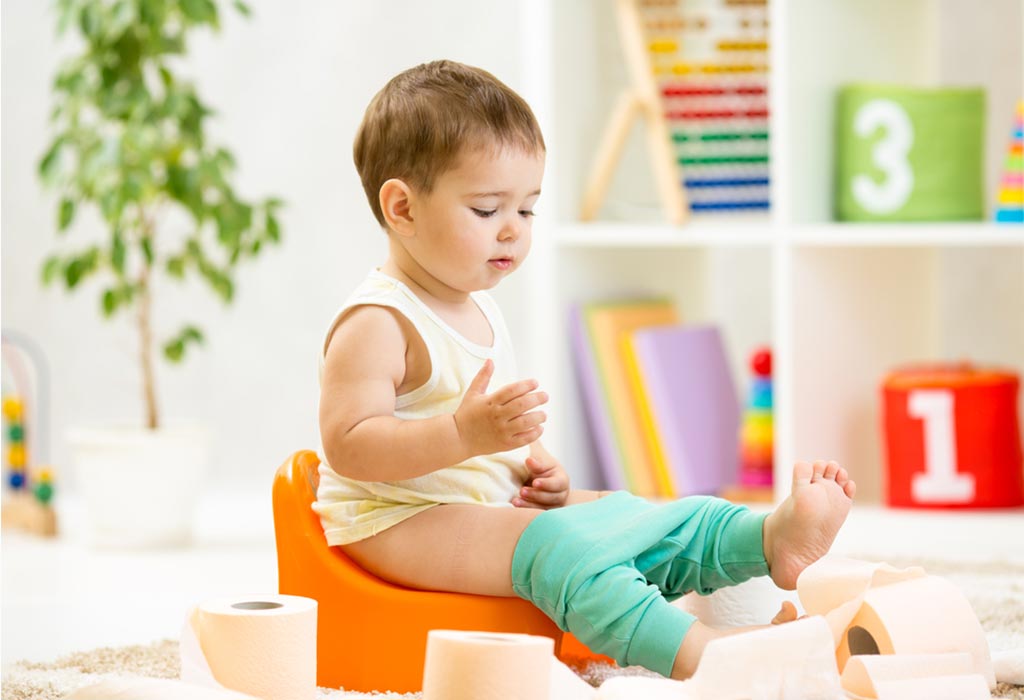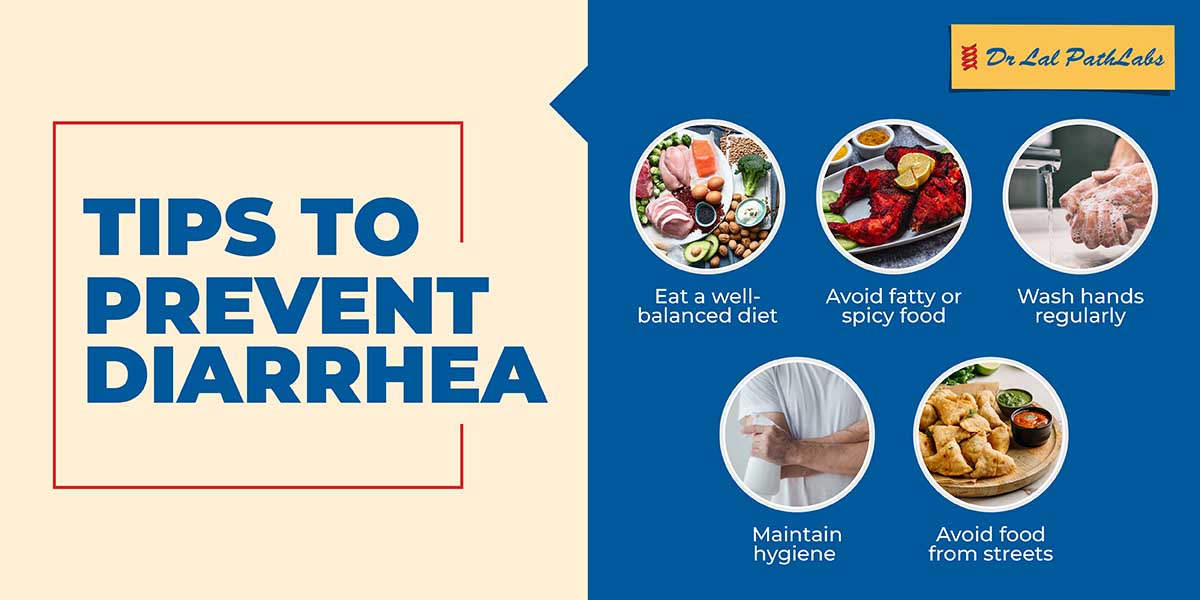Causes of Loose Motions in Children
 Managing Loose Motions in the Pediatric Age Group: A Comprehensive Guide
Managing Loose Motions in the Pediatric Age Group: A Comprehensive Guide
Loose motions, or diarrhea, are a common concern in children, causing distress to both the child and their caregivers. This condition involves frequent, watery bowel movements and can lead to dehydration if not adequately addressed. Understanding the causes, recognizing the symptoms, and knowing how to effectively manage and prevent loose motions are crucial for parents and caregivers.
Causes of Loose Motions in ChildrenSeveral factors can trigger loose motions in children, including:
1)*Infections*: Viral infections like rotavirus are the most common cause of diarrhea in children. Bacterial and parasitic infections from contaminated food or water can also lead to loose motions.
2) *Antibiotics*: While essential for treating certain infections, antibiotics can disrupt the natural balance of the gut flora, resulting in diarrhea.
3) *Food Intolerances*: Some children may have intolerances to specific food components like lactose, leading to diarrhea when consumed.
4) *Gastrointestinal Disorders*: Conditions such as celiac disease or inflammatory bowel diseases (IBD) can cause recurring diarrhea.
5) *Hygiene Practices*: Poor handwashing and sanitation can increase the risk of transmitting infections that cause diarrhea.
Symptoms to Watch For:max_bytes(150000):strip_icc()/89204-loose-stool-causes-5b2fe528fa6bcc00363abf2a.png)
In addition to frequent, watery stools, children with loose motions might exhibit:
- Loss of appetite
- Abdominal pain or discomfort
- Fever (in some cases)
- Signs of dehydration, such as dry mouth, crying without tears, unusual sleepiness or fussiness, and decreased urine output
Management Strategies:max_bytes(150000):strip_icc()/diarrhea-in-the-breastfed-baby-431632-v1-5c01932a46e0fb0001cbf7ac.png) Prompt and effective management is crucial to prevent dehydration and ensure quick recovery:
Prompt and effective management is crucial to prevent dehydration and ensure quick recovery:
1) *Hydration*: Oral Rehydration Solutions (ORS) are the cornerstone of managing diarrhea in children. They help replenish lost fluids and electrolytes. Offer small, frequent sips to the child.
2) *Diet*: Continue feeding your child a normal diet, including breast milk or formula for infants. For older children, a balanced diet that includes complex carbohydrates (like rice and wheat), lean proteins, fruits, and vegetables is recommended. Avoid high-sugar and high-fat foods as they can worsen diarrhea.
3) *Probiotics*: Some studies suggest that probiotics can help shorten the duration of diarrhea by restoring the natural balance of the gut flora.
4) *Medication*: Over-the-counter anti-diarrheal medications are generally not recommended for children unless prescribed by a healthcare provider.
5) *Monitoring and Care*: Keep a close eye on the child's hydration status and overall well-being. Seek medical attention if the child shows signs of severe dehydration, if diarrhea persists for more than 24 hours in an infant or young child, or if there are additional concerns like blood in the stool or high fever.
Prevention Tips
Prevention focuses on reducing the risk of infections and maintaining a healthy gut:
- Ensure good handwashing practices for both children and caregivers.
- Maintain a clean and safe environment.
- Practice safe food preparation and storage.
- Ensure children are up to date with vaccinations, including the rotavirus vaccine.
When to See a Doctor Consult a healthcare provider if:
Consult a healthcare provider if:
- The child shows signs of dehydration.
- Diarrhea persists for more than a few days.
- There is blood or pus in the stool.
- The child has a high fever or appears significantly unwell.
In conclusion, while loose motions can be concerning, understanding the causes, recognizing the signs and symptoms, and implementing effective management strategies can help ensure a swift recovery for the child. Always consult a healthcare professional if you have concerns about your child's health or if symptoms persist.
